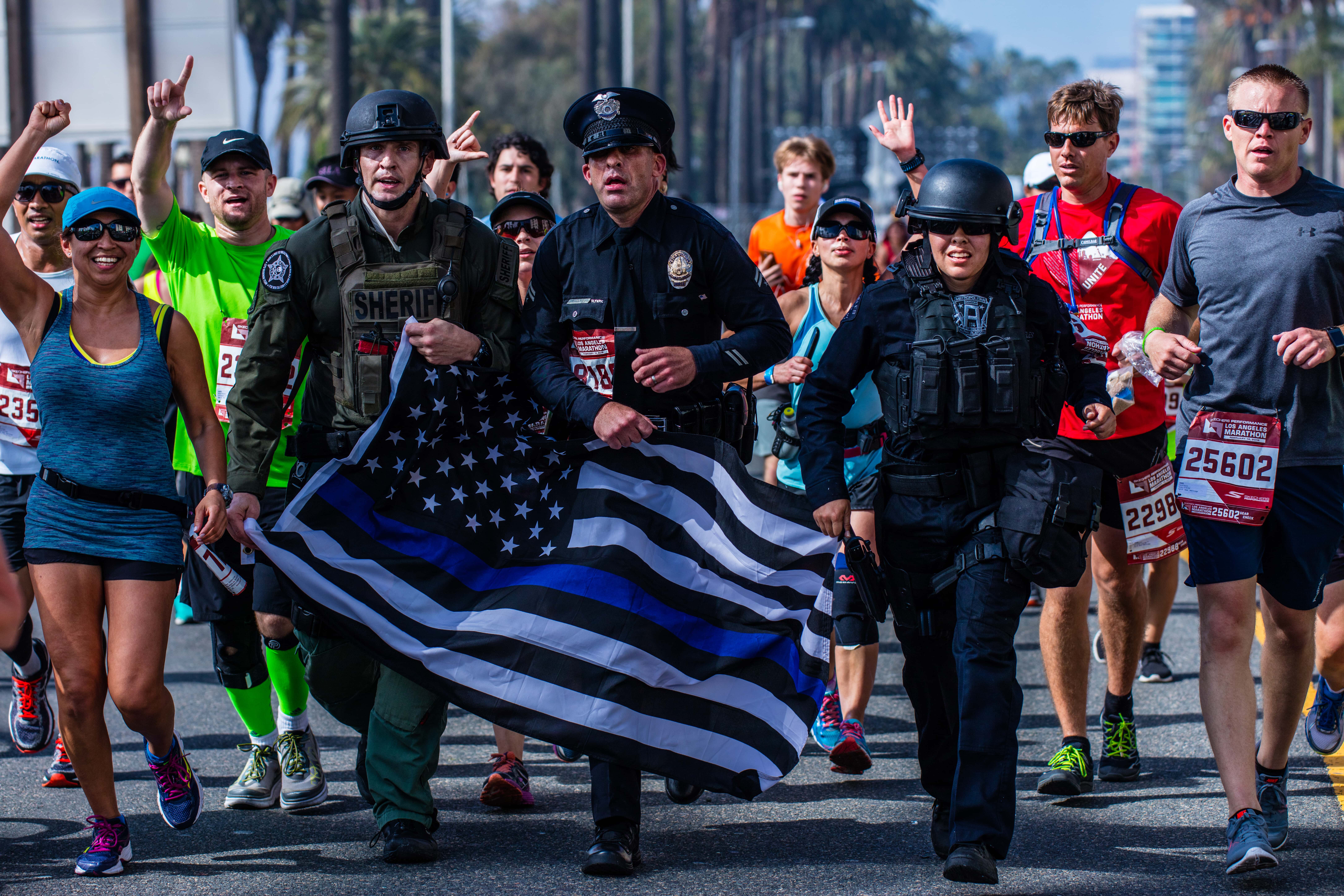LAPD officers are sworn to always uphold the law. But a recent change to the Department’s impound policy disregards the well defined vehicle code, threatening the safety of drivers and possibly exposing the City to legal liabilities at a time when it’s struggling to close a huge budget gap.
The California Vehicle Code clearly defines the grounds for “Impoundment and Forfeiture of Motor Vehicles.” Under Vehicle Code Section 14607.6 (c) (1):
If a driver is unable to produce a valid driver's license on the demand of a peace officer enforcing the provisions of this code, as required by subdivision (b) of Section 12951, the vehicle shall be impounded regardless of ownership, unless the peace officer is reasonably able, by other means, to verify that the driver is properly licensed. Prior to impounding a vehicle, a peace officer shall attempt to verify the license status of a driver who claims to be properly licensed but is unable to produce the license on demand of the peace officer.
LAPD rank and file know all too well that in these situations, it’s often impossible to verify a driver’s licensure status because, alas, the driver is not licensed. When this is the case, the law clearly mandates the impoundment of the vehicle.
But the Department’s revised policy states that instead of impounding the car of an unlicensed driver stopped at a DUI checkpoint – as required by law – officers must now identify the vehicle’s registered owner and release the vehicle to the owner (or the owner’s designee) if he or she is able to respond to the scene “within a reasonable amount of time.”
The value of impounding vehicles driven by unlicensed drivers is two-fold. First, the cost and inconvenience of recovering an impounded vehicle should discourage anyone from violating the license requirement. Second, an unlicensed driver who is willing to ignore the law is, at least temporarily, unable to further violate this law while his or her car is impounded. This new policy substantially reduces the disincentives against unlicensed and unlawful operation of a vehicle. Moreover, it exposes officers and the City to potential legal liability stemming from any damage or injury caused by an unlicensed driver’s continued operation of a vehicle that should have been impounded under state law.
For these reasons, the League has filed a class action grievance against the policy change. The grievance seeks to have the modification rescinded. If the City and Department feel strongly that the new LAPD policy is somehow more enlightened than state law on this matter – we can’t imagine how it would be – they should devote the necessary resources and time to have the California Vehicle Code changed. Until then, the proper course of action is to follow the law as the men and women of the LAPD are sworn to do.











